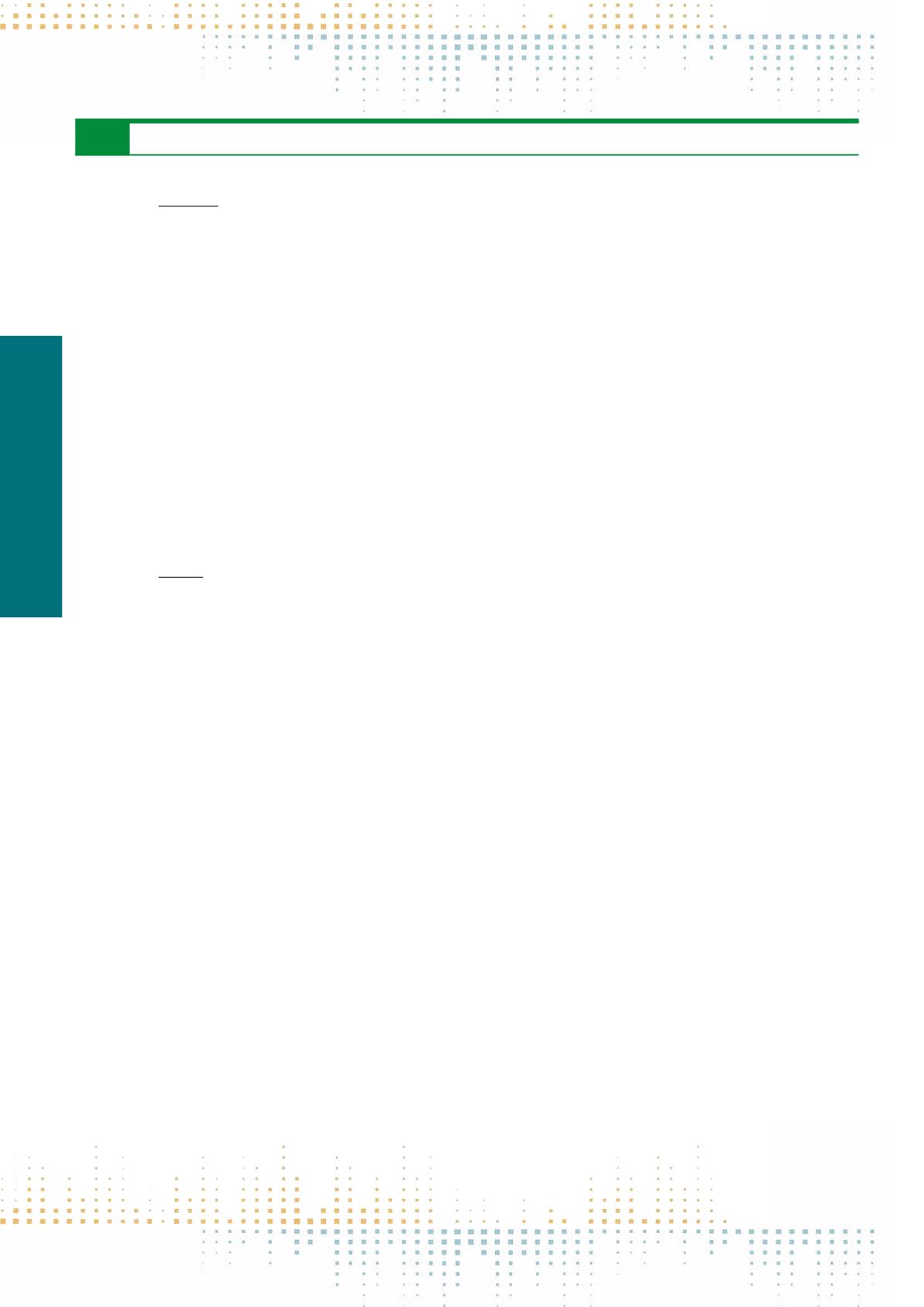

500
Thursday, November 10
1 4 : 3 0 – 1 6 : 0 0
PHC03
Ethics, Freedom, Contestation
PP 172
Toward a Non-Ideal Approach to Communicative Freedom
K. Karppinen
1
1
University of Helsinki, Department of Social Research, Helsinki, Finland
Freedom of speech, and associated notions like media freedom and internet freedom, are values that few oppose in principle. Yet their definitions, in‑
terpretations and limits are subject to endless contestation both politically and philosophically. Consequently, it is often between different conceptions
of freedom, rather than its advocates and opponents, that normative and political debates in media policy and academic research take place. In traditional
political and academic debates on free speech, including both negative and positive approaches to freedom, it is often assumed that abolishing the political
and economic restrictions on communication can guarantee freedom in some authentic way. Negative conceptions of free speech tend to assume that free
speech exist when the state does not directly restrict it. On the other hand, many positive conceptions of communication rights can be criticized for trying
to develop a pre-determined list of universal preconditions that “genuine” communicative freedom would involve. In much of contemporary political phi‑
losophy and democratic theory, freedom is not understood as a state of affairs that can be unambiguously achieved, or attached to any universal, definite
conditions of realization. Instead, human freedom is increasingly seen as always provisional and subject to a range of constraints and limits. The aim of this
paper is to discuss theoretical approaches that acknowledge, in different ways, the ”non-ideal” nature of freedom, and to discuss their implications for
contemporary debates on freedom of communication. The theoretical approaches considered in the paper include the“capabilities approach”, as developed
by Amartya Sen and Martha Nussbaum, and the contemporary radical-pluralist, or “agonistic” theories of democracy and their conceptions of freedom.
The theoretical ideas discussed represent mutually different traditions, but they share an idea of freedom as a partial achievement, not a state that can
be attained in any absolute sense. In other words, the theoretical perspectives discussed in this paper imply a "non-ideal" or "anti-essentialist" approach
to communicative freedom. Without proposing a new theory as such, the main point of the paper is to discuss what implications, benefits or drawbacks
the non-ideal approach to communicative freedom may have for current theoretical and media policy debates.
PP 173
Developing a Framework for Interdisciplinary Research Ethics for Digitalized Research Fields
F. Dobrick
1
, J. Fischer
1
, L. Hagen
1
1
Technische Universität Dresden, Institute of Media and Communication, Dresden, Germany
The call raised the question of how media and communication practices are involved in communicating over the various divides that emerge along with
continuous social changes. This abstract outlines another aspect of permanent change in societies: digitization and mediatization, which are core processes
of ongoing social change. In the course of digitization, more and more information becomes accessible in the form of data. This process alters social be‑
havior and cultural traditions, thereby generating new ob-jects of study and new research questions in several disciplines. Every researcher dealing with
data of any sort has to face the questions of the consequences of their research and the ethical implications of their research practices. Our aim is to build
a framework for interdisciplinary research ethics, by involving not only theoretical assumptions and empirical methods from communication science, but
also from a wide range of research fields.To build such a framework, we need to establish which philo-sophical assumptions need to be understood, and de‑
termine how ethical research questions can be generally integrated into research designs. Research projects are increasingly affected by economic concerns,
and the line between scientific research and market research tends to blur. Economics can disclose and explain those economic dependencies and create
awareness. Additionally, digitization has created new ways to publish scientific results, which leads to increased fraud like plagiarism as well as increased
public sharing of scientific findings and open exchange. Library science in combination with science communication research may detect the uses and
effects of digitization in the publishing process and of open access. The digitization of communication leads to legal gray areas and insecurities. Research is
more prone to invade the privacy of those who are the subjects of research. There are existing legal regulations and norms that protect the research subject,
including personal rights and data protection, informed consent and anonymization. To act ethically in this sense, the appropriate legal regulations and
processes must be known to understand and positively influence legal reforms. Big data is making it impossible to anonymize sufficiently (Zimmer 2008).
Therefore, transparency and reproducibility of science conflicts dramatically with the research subjects. Thus Computer Science must provide optimal an‑
onymization methods to protect the individual's privacy. This raises the question of the researchers’responsibility to raise awareness of privacy issues and
to contribute to a subject’s empowerment. By using knowledge of educational research, effective means of communication can be found. Not only should
the various possibilities of behavioral observation and effects be addressed, but the effective communication of these needs to be discussed as well. Tradi‑
tional guidelines for research ethics, as well as those developed for the new challenges of digital research, lack a coherent framework. Our framework will be
developed through an interdisciplinary discourse. It will rely on the findings of the above-mentioned disciplines and address the question of responsibility
of the researcher towards the scientific discourse as well as to the public. Zimmer, M. (2008)‘More on the“Anonymity”of the Facebook dataset – It’s Harvard
College’, Available at:
http://www.michaelzimmer.org/2008/10/03/more-on-the-anonymity-of-the-facebook-dataset-its-harvard-college/[10.12.2015].



















